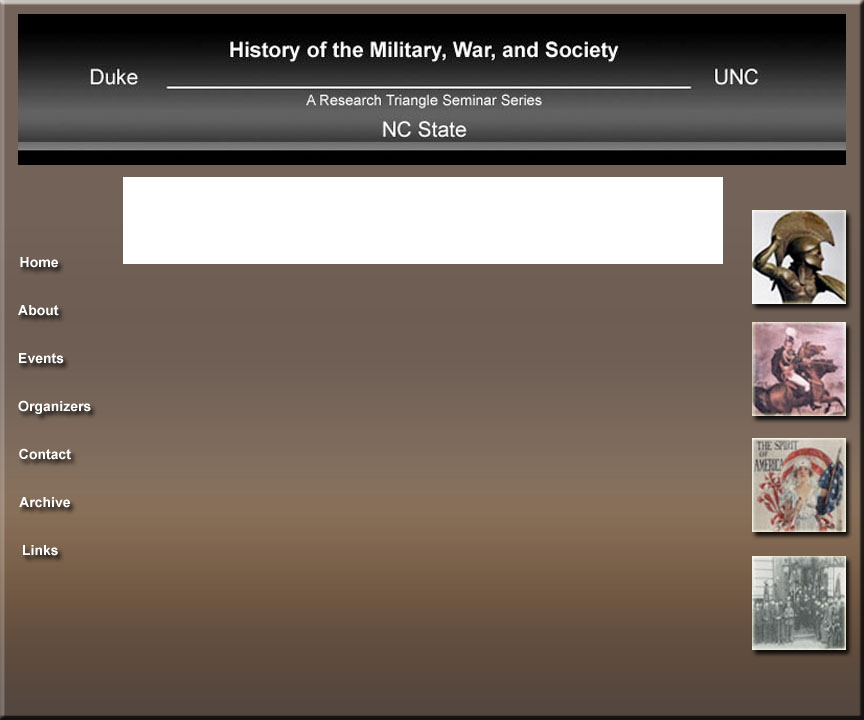
|
March 26, 2006 Todd Berryman (University of North Carolina at Chapel Hill) Liberation through Occupation? When the French Emperor Napoleon Bonaparte invaded and soundly conquered the states of Central Europe during the first decade of the 19th century, he presented his new subjects with high tax rates, strict conscription laws, and a crippling economic system. But, as in the case of the Kingdom of Westphalia, he also provided a written constitution - the first ever for a German state. On parchment, that constitution championed the ideal of equality before the law and established a representative system of parliament for the benefit of the people of Westphalia. Napoleon's experimental fashioning of such a progressive state on German soil was nevertheless to be supervised by a king, in this case Napoleon's youngest brother, Jerome Bonaparte. To what extent did the king of Westphalia remain true to the constitution? Was the promise of equality for all Westphalians achieved? And how did Westphalians themselves respond to the paradox of being granted extensive liberties by a foreign invader? In providing answers to these questions, this paper will consider the extent to which "liberation" was a product of foreign occupation within Napoleon's model state of Westphalia. Todd Berryman is Assistant Professor of History at Hendrix College. He earned his Ph.D. from the University of North Carolina at Chapel Hill in 2004.His dissertation is entitled Boundaries of Loyalty: Territorial Consolidation and Public Allegiance in Northwest Germany, 1797-1817. It investigates the politics surrounding the contested ideologies of patriotism and nationalism as they operated within the Kingdom of Westphalia. |